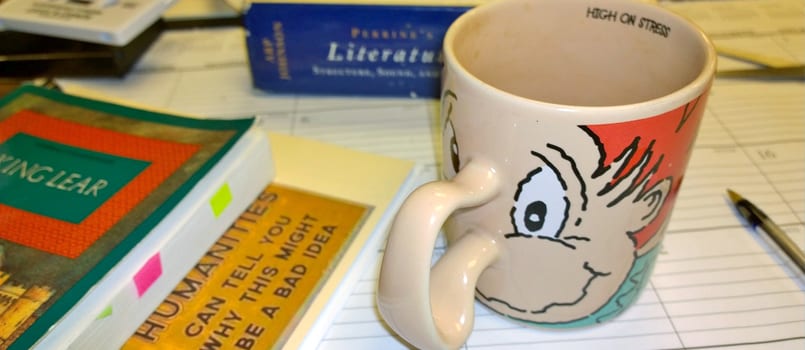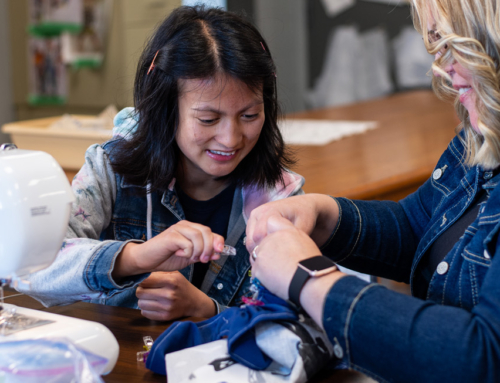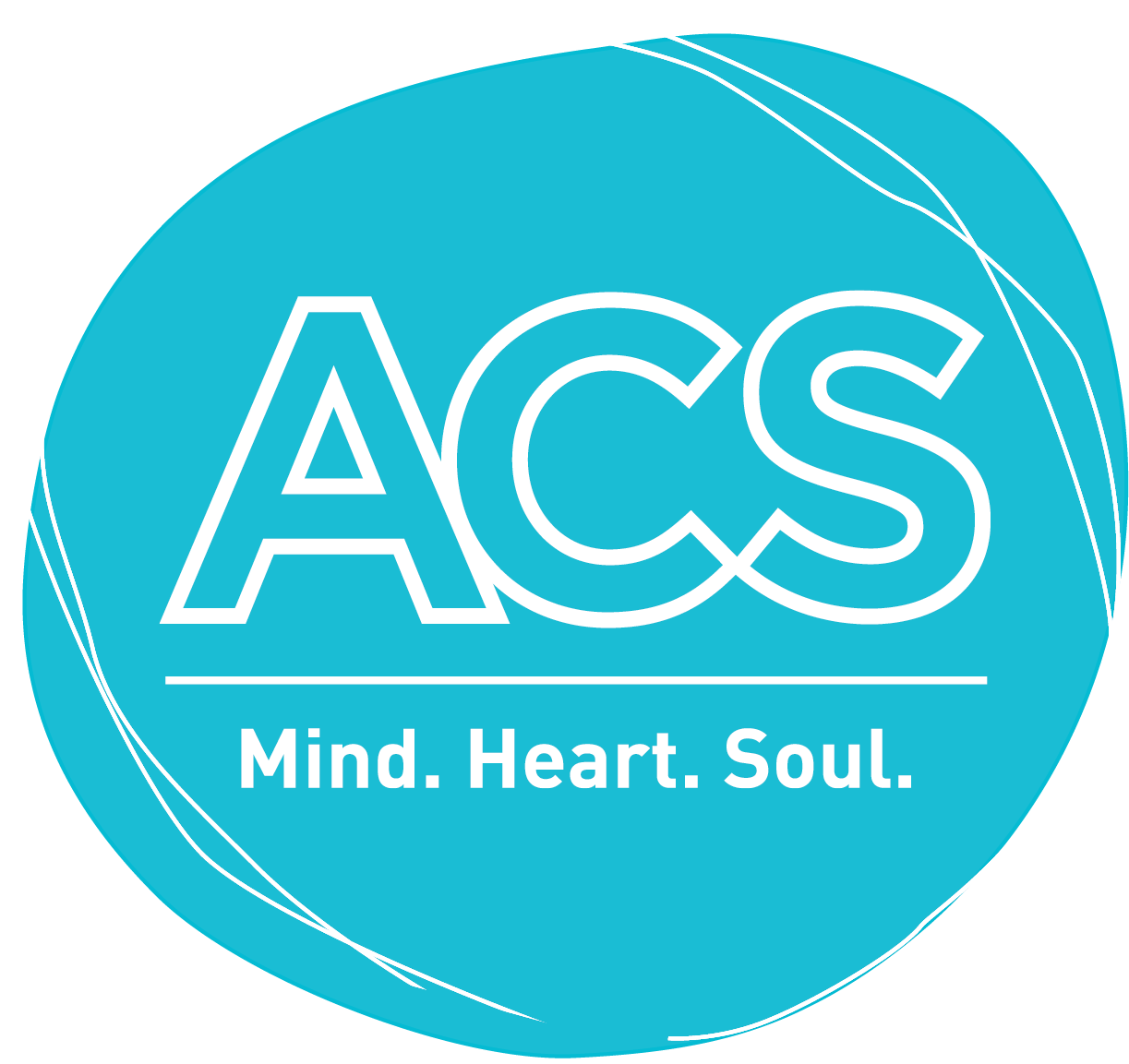This is my work mug. I’ve been drinking from it since before my current students were born.
There’s much you can know about my mug if you study it as a scientist might.
One of the tools scientists use is empirical observation. By this method they could determine things like capacity (32 ml), mass, (347.1 g), and volume (??ml). I tried to determine the volume, but Mr. Bakker couldn’t find me a beaker big enough.
Scientists might also use theoretical analysis by which they might determine that this particular object is, in fact, a coffee mug because it has all the essential characteristics of other objects from which coffee is also sipped: it’s got a place to put the coffee, it’s not so porous that the liquid flows through it, and the handle keeps the heat away from the fingers of the cup so it can be comfortably held. A scientist could also deduce that this mug is commercially produced for it has the machined perfection of all other commercially produced coffee cups. It might also be determined that, besides being useful for coffee, this mug is also intended to be humorous; the handle/nose is pretty funny when you think about it. Oh, it has letters on the inside: “HIGH ON STRESS.”
All these things can be known by studying my mug as a scientist would.
By these same methods, science can also know and discover a lot about our world and even the universe.
But there are a few things that the scientific approaches cannot possibly uncover about either the universe or my mug.
Science cannot tell me, really, that my mug is actually mine. I can tell you though (I did in my first line).
It was a gift.
It was given to me by a friend and former colleague. As he was leaving Abby Christian he said to me, “When I saw it, I just had to get it for you.” (That’s how guys say, “I bought you a gift to say thanks,” without getting too sappy). He and I worked closely together with the grade seven bands for several years. It’s one of the few artifacts that I still possess from my “grade 7” years. I can tell you that the words “HIGH ON STRESS” are more descriptive than funny and that some of my teaching energy comes from the caffeine this mug has helped convey to my brain. When I finally leave this profession, I will take this mug home with me, and I will drink coffee with this mug and we will think about our former students, and the current ones who have new teachers with different mugs.
If it broke, I would be sad.
You can know a lot of things about my mug by using scientific observation and analysis, but you’d miss out of some significant truths.
These sorts of truths require a special revelation.






WHAT DO YOU THINK?
solid work Trent … you’re pretty tough on science … might need to let the science folk defend themselves one of these times.
Thanks Julius, but I do I think science is pretty awesome. But, I do think that there is a lot of danger when science steps out of its jurisdiction–and becomes scientism. This shift, I admit, I am pretty tough on. Thanks, though, I don’t want to come off sounding anti-science; so much so, I ran a draft of this particular post past a scientist to make sure I was being fair.